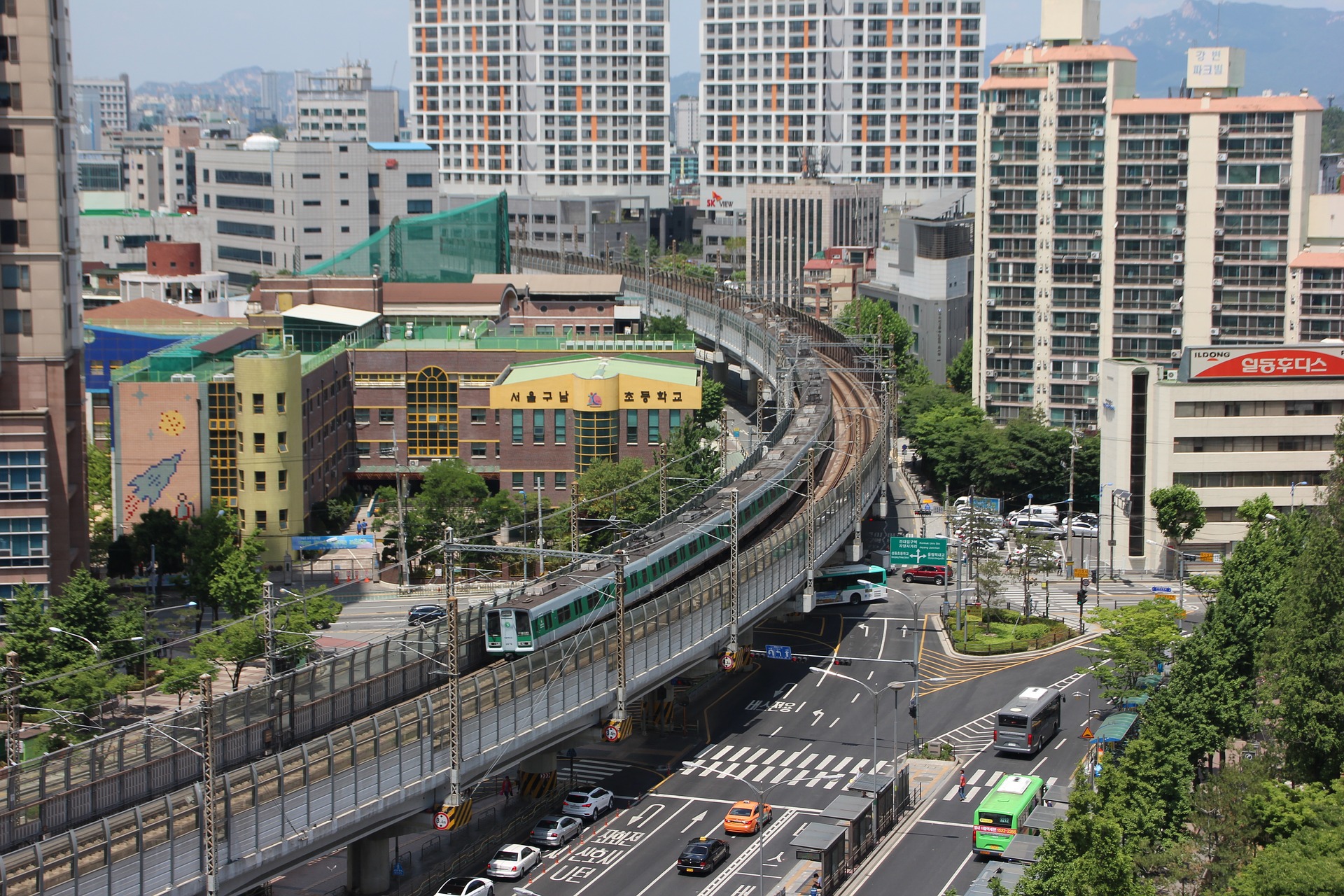927 results found
Featured results



More results
The Global Infrastructure Hub (GI Hub) has collaborated on this blog with Seungbeum Rho, a Specialist at the Korea Development Institute (KDI). This blog outlines some of the lessons learned in Korea on the topic of project preparation, which can be found in more detail in the GI Hub’s Reference Tool on Governmental Processes Facilitating Infrastructure Project Preparation.
 Project Preparation Tool
Project Preparation Tool
 Introduction: Laying the foundations and charting a way forward
Introduction: Laying the foundations and charting a way forward
 Enabling environment: what are the prerequisites required to facilitate the preparation of quality infrastructure projects?
Enabling environment: what are the prerequisites required to facilitate the preparation of quality infrastructure projects?
 Financing project preparation: how can governments effectively utilise project preparation financing sources?
Financing project preparation: how can governments effectively utilise project preparation financing sources?
 What are the benefits of well-planned and prioritised infrastructure investment?
What are the benefits of well-planned and prioritised infrastructure investment?
 How do you translate a concept into a bankable project?
How do you translate a concept into a bankable project?
 How should governments communicate projects?
How should governments communicate projects?
 Project Preparation in Indonesia – how has the government attracted private participation?
Project Preparation in Indonesia – how has the government attracted private participation?
 Project Preparation in India – how specialised institutional structures help in planning complex projects
Project Preparation in India – how specialised institutional structures help in planning complex projects
Insights into the The Schuphol-Amsterdam-Almere (SAA) program, which has been the largest PPP program in the Netherlands in the last decade.
How can cities absorb the influx of people without developing new and more efficient ways of building, transporting, and consuming resources? Without significant disruption across urban infrastructure, the cities of the future will struggle to keep up, much less make progress toward things like mitigating climate change or providing quality education to every student.
The circular economy is now core policy for a growing number of countries with leadership from Finland, the European Union and Canada, but it is also taking a strong hold in Asia as Japan and China implement circular economic policies to transition them to a sustainable inclusive future.
In keeping with our mission to support the G20 to drive an ambitious infrastructure agenda, InfraCompass 2020 harnesses data from leading organisations around the world - including the World Bank, World Economic Forum, and the OECD - to assist countries to identify reforms that lead to better infrastructure investment.
Is ESG investment just a passing fad? What is the future of China’s Belt and Road Initiative? And does the Covid-19 pandemic mean we must reassess climate change targets? Our CEO Marie Lam-Frendo answers questions on the future of infrastructure.
The world is changing, and collectively we are underprepared for many of the challenges ahead. The Global Infrastructure Hub’s vision for the ideal future is a world where sustainable, resilient and inclusive infrastructure works for all people.
InfraTech has changed from a nice to have to a critical element in the ability to deliver sustainable, inclusive and resilient infrastructure.
Infrastructure can play a pivotal role in stimulating economies such as Australia’s, that are heading towards a downturn as a result of the pandemic.
Infrastructure can play a significant role in economic recovery of the post-COVID world. It's critically important for coronavirus stimulus measures to focus on projects that not only grow the economy, but also anticipate the impact of future risks, particularly climate change.
Mentors have played a vital role in supporting the top 20 teams hone their applications for the Global Infrastructure Hub’s (GI Hub) InfraChallenge competition, despite the challenges of a global pandemic.
We speak to Sue Barrett, EBRD to find out how the implementation of inclusive infrastructure can be practically achieved at the project level.
Now is the perfect time for countries to improve the way they plan and deliver quality infrastructure, to provide greater security against the next global crisis - find out how InfraCompass is here to help.
While infrastructure is a driver of economic prosperity and can provide a solid basis for strong, sustainable, balanced and inclusive growth, it is not a given that infrastructure investment will fully realise these aims without visionary planning and commitment. For infrastructure investment to deliver a more sustainable, resilient and inclusive global recovery, we need to create the right enabling environment now.
The COVID-19 pandemic has disrupted all of our lives. And amidst the crisis it is impossible to envision how long it will last, or how life will be different once it is over. On the issue of mobility, however, a recent report by McKinsey & Co offers an optimistic forecast: this short period of disruption won’t affect existing major trends.
We continue our discussion on inclusive infrastructure with Sue Barrett, EBRD, in which we explore two of EBRD’s innovative finance approaches for inclusive infrastructure.
These five social infrastructure trends are not new concepts, but the rate at which they are appearing all over the world is staggering.
Small, steady and incremental reforms can have a major impact on driving sustainable, resilient and inclusive infrastructure.
The widespread recognition by infrastructure fund managers, lenders and investors of the importance of ESG principles appears only to have strengthened since the global pandemic. The distinct shift continues, from useful consideration to future-focused must-have.























